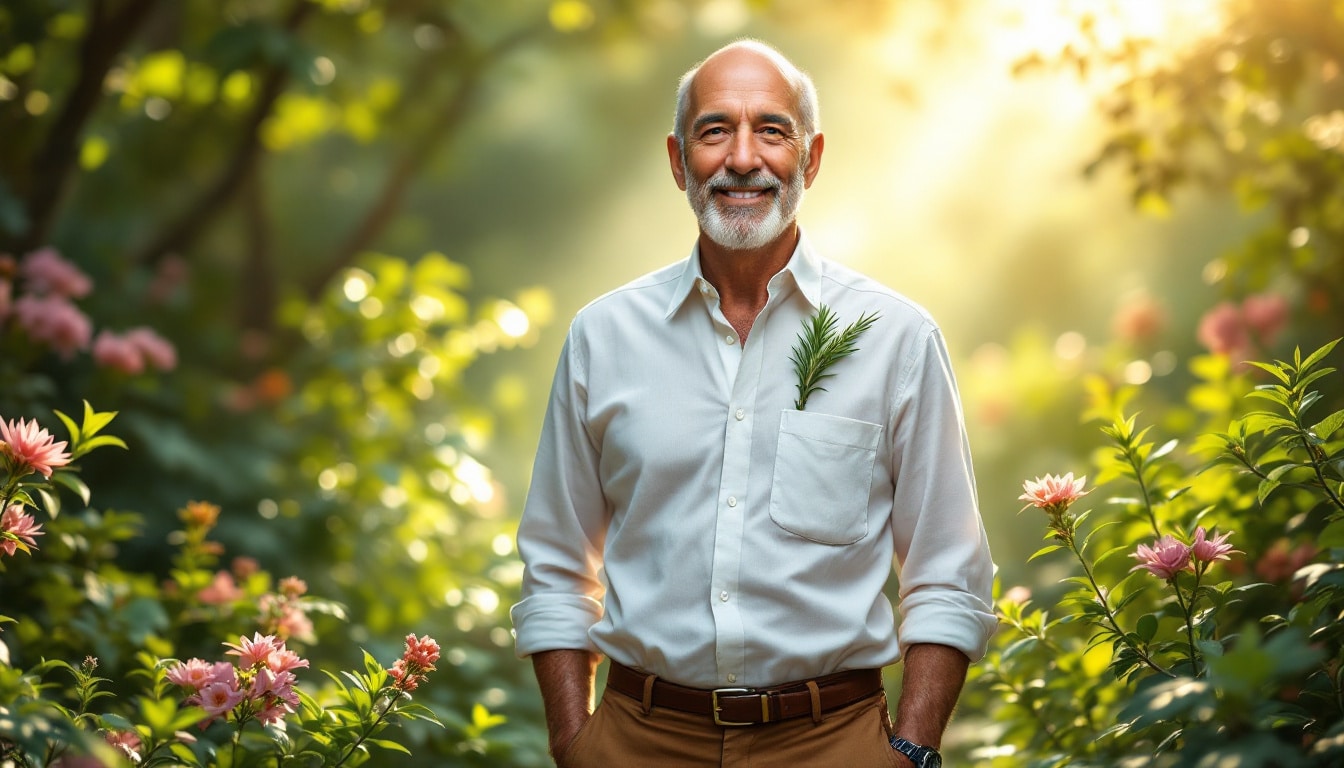In a fascinating twist of nature, individuals who have surpassed the century mark often boast inflammation levels that mirror those found in much younger bodies. As they become living representations of history, these centenarians display an immune resilience that defies the typical patterns of aging. Studies reveal that those who navigate beyond a hundred years tend to possess remarkably modest inflammatory markers, a trait that sets them apart from most in their cohort. While life beyond 100 is far from idyllic, their ability to fend off some of the common age-related diseases hints at the unique role the immune system plays in achieving such extraordinary longevity.
One intriguing aspect of extreme longevity is that individuals who reach very old age, such as centenarians (100 years and older), semi-supercentenarians (105 years and older), and supercentenarians (110 years and older), often display remarkably low levels of inflammation. These levels are akin to those found in much younger adults. Studies have shown that this unique group, who are categorized as survivors of age-related diseases like cancer, diabetes, cardiovascular diseases, and stroke, maintain a health profile that supports their extraordinary lifespan. This ability to manage or resist inflammation-related conditions stands in contrast to the general population, where chronic inflammation tends to rise with age. Research into the immune-inflammatory response of these individuals suggests that managing inflammation could be key to achieving longevity.

Table of Contents
Togglethe surprising inflammation findings in centenarians
Recent studies have shed light on the paradox of extreme longevity, where individuals who have surpassed one hundred years show levels of inflammation surprisingly similar to those of much younger adults. This phenomenon has caught the attention of researchers, as such levels of inflammation defy the expected increase seen typically in older age. Centenarians, in particular, demonstrate a remarkable resilience against age-related inflammation, offering potential insights into the mechanisms behind successful aging.
what we can learn from inflammation control for longevity
The ability of centenarians to maintain low inflammation is a testament to their uniquely efficient immune systems. Despite the general expectation that the immune system declines with age—leading to increased inflammatory markers—these long-lived individuals showcase how inflammation control can contribute to extreme longevity. The insights garnered from their lifestyle and genetics could pave the way for novel anti-aging strategies aimed at reducing chronic inflammation and fostering longevity in the broader population.
how reducing inflammation correlates with a longer life span
The correlation between reduced inflammation and increased longevity is becoming ever clearer thanks to centenarians. By showcasing lower inflammatory markers, they highlight an inverse relationship where controlling inflammation seems to slow down the aging process and reduce mortality risk. Researchers studying centenarian populations like the ones in Sicily are identifying patterns that suggest that keeping inflammation low can directly influence the quality and length of life, positioning anti-inflammatory strategies as essential components of future longevity pursuits.





